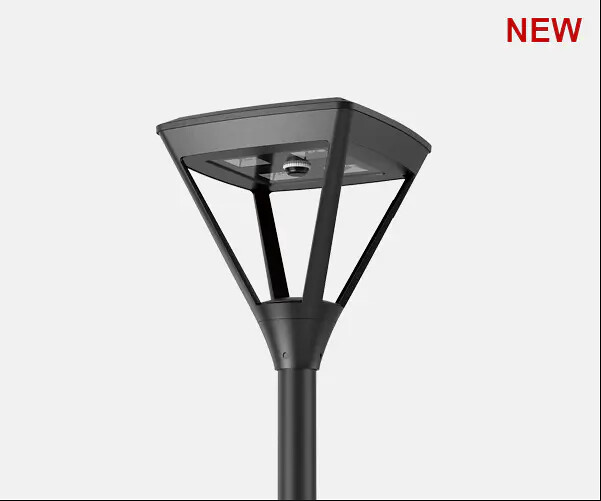Title: The Advantages of Lithium Solar Batteries in Solar Energy Storage
Lithium-ion solar batteries, LiFePO4 solar batteries (Lithium Iron Phosphate), Sun-powered lithium batteries, and Solar Lithium Batteries are Lithium-ion solar batteries all examples of lithium solar batteries. These advanced energy storage devices have gained popularity in the renewable energy industry due to their numerous benefits.
Manufacturing Process:
The manufacturing process of lithiu

m solar batteries involves several key steps. Initially, high-purity lithium is extracted from mineral ores or obtained through recycling processes. It is then processed into different forms such as lithium carbonate or lithium hydroxide. Cathode and anode materials are prepared separately before being assembled with electrolytes to form battery cells. Finally, these cells are integrated into modules lithium solar batteries or packs for commercial use.
Characteristics:
Lithium solar batteries exhibit several distinctive characteristics that set them apart from traditional lead-acid counterparts. Firstly, they provide higher energy density, allowing for more electricity storage within a smaller physical footprint. Moreover, they boast lithium solar batteries a longer lifespan and superior cycle performance compared to other battery technologies available today.
Advantages:
Solar energy storage with lithium technology offers multiple advantages for both residential and industrial applications. One primary advantage is lithium solar batteries its high efficiency in converting sunlight to electrical power when used in conjunction with photovoltaic panels. This ensures maximum utilization of the available resources and reduces overall system costs.
Furthermore, lithium-based solutions offer enhanced safety features such as thermal management systems and built-in pr Solar Lithium Battery otection mechanisms against overcharging or short-circuiting incidents. Additionally, these batteries support flexible installation options since they can be easily mounted on walls or placed on racks without hazardous emissions.
Usage:
Lithium s LiFePO4 solar batteries (Lithium Iron Phosphate) olar batteries can be utilized in various ways depending on the specific requirements of the user’s setup. For residential applications, these lightweight and compact devices can store excess energy generated during daylight hours for later use during periods without sunlight availability or increased demand at night.
In commercial settings, lithium solar batteries can act as backup power systems during grid outages or p Sun-powered lithium batteries eak demand periods. They can also be integrated into large-scale renewable energy projects to stabilize the electrical grid and smooth out fluctuations in supply and demand.
Selecting the Product:
When selecting a lithium so lithium solar batteries lar battery, several factors should be considered. These include capacity requirements, system compatibility, lifespan expectations, warranty coverage, and maintenance considerations. It is advisable to consult with industry professionals or experienced technicians to ensure choosing the most suitable solution for specific needs.
Conclu

sion:
Lithium solar batteries have revolutionized the

field of solar energy storage due to their exceptional performance characteristics and wide-ranging applications. Their manufacturing process involves advanced technologies that result in high-quality products capable of delivering reliable power storage solutions. The advantages they offer Solar Lithium Battery include improved efficiency, increased safety features compared to traditional alternatives, and flexible usage options. By selecting the right product based on individual requirements, users can maximize the benefits of this cutting-edge technology in harnessing clean and sustainable energy effectively


